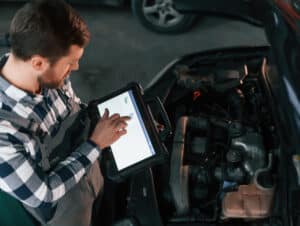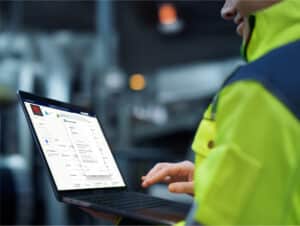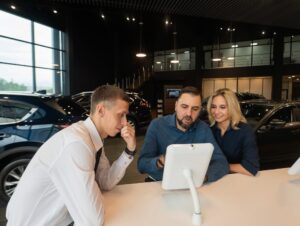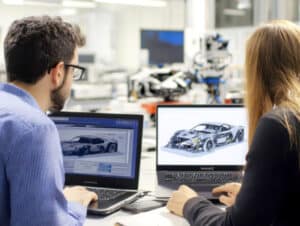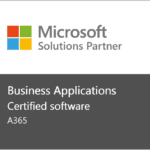The automotive industry is experiencing a dramatic transformation that is reshaping not only how we think about cars but how we access mobility itself. Traditional car dealerships, which once solely focused on vehicle sales and maintenance, are now being forced to evolve in response to shifts in technology, consumer behavior, and the broader mobility ecosystem.
This change isn’t just incremental—it’s monumental, with the rise of electric vehicles (EVs), autonomous technologies, and shifts in consumer expectations around ownership versus access.
Today’s consumers demand seamless, flexible, and often digital-first mobility solutions. Instead of simply purchasing a car, they seek personalized experiences, whether that’s renting a vehicle for a few days, subscribing to a long-term leasing program, or utilizing shared electric vehicles.
According to the 2023 Oliver Wyman Shared Mobility Report, the shared mobility market is set to more than double its share of urban transportation by 2030, increasing from 3% today to an estimated 7%.
With the market size projected to reach nearly $400 billion, this shift will push car dealerships to expand their services beyond traditional vehicle sales. To stay competitive, they will need to offer a wider range of mobility solutions, evolving into what are now being called “mobility hubs.”
What is a mobility hub?
Picture this: instead of a dealership being a place where you just buy or service your car, it becomes a comprehensive center for all things mobility. Need to rent an EV for the weekend? You’ve got it. Want to subscribe to a car for six months? No problem. Need a place to charge your vehicle or get some work done while your car is being serviced? Easy.
Mobility hubs are transforming the customer experience by offering a variety of services that cater to today’s shifting needs. These hubs are not just physical spaces. They represent a new business model, one that integrates vehicle sales, leasing, car-sharing, and even fleet management services.
It’s a massive leap from the traditional “buy, sell, service” model of the past, and it’s happening now.
But what’s powering this change?
Key trends powering the mobility hub transformation
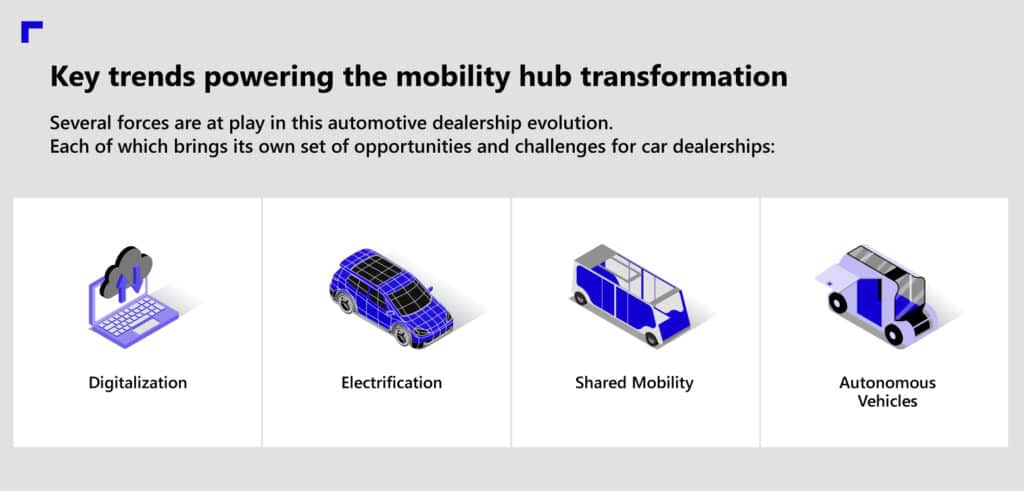
- Digitalization: According to the Auto Trader Retailing report, car buyers increasingly prefer an online purchasing journey, with a 17% rise in cross-platform visits in Q1 compared to the previous year—equating to 31 visits per second in the UK. Additionally, two-thirds of consumers are open to the idea of buying a car entirely online.
- Electrification: The International Energy Agency (IEA) reports that EV sales grew by 20% in 2023, with the market expected to hit $17 million in 2024, reflecting a 25% growth rate.
- Shared Mobility: The traditional car ownership is shifting toward ride-sharing and mobility services, with the North holding 25% of the mobility market in 2022, a share expected to remain steady through 2030, according to the 2022 Oliver Wyman Value Pool Report.
- Autonomous Vehicles: As autonomous vehicles rise, Bain & Company notes that automotive companies are rapidly partnering with tech firms. For example, Daimler is collaborating with Nvidia on a software-based vehicle architecture.
With these trends accelerating, dealerships have a choice: stick to the old ways or evolve into mobility hubs that cater to modern consumers’ needs.
The rise of mobility hubs: A win for dealerships and customers
By becoming mobility hubs, dealerships open up new revenue streams. Not only can they offer traditional car sales, but they can also introduce short-term rentals, fleet management, EV charging services, and more. This shift toward becoming a one-stop shop for all mobility needs also enhances the customer experience. A dealership is no longer a place for one-off transactions; it has become a long-term partner in mobility.
But with more offerings come more complexities. Dealerships must manage multiple service lines, offer personalized customer experiences, and integrate these new services into a seamless ecosystem. For example, a dealership may now need to handle not only car sales but also vehicle leasing, ride-sharing, and maintenance for electric fleets—all while ensuring a consistent customer experience across every interaction.
Is your dealership ready for the future?
This is where the conversation gets critical. How do dealerships manage this complexity? How do they efficiently pivot from traditional vehicle sales to providing mobility services? The answer lies in having the right technology—an agile, scalable platform that can evolve alongside the business.
This is where Annata’s A365 comes in.
A365: Powering the future of automotive dealerships
A365 isn’t just another software solution—it’s the backbone for the modern mobility hub. Built on Microsoft’s trusted Dynamics 365 platform and fortified with other technologies from the Microsoft ecosystem including Microsoft Power Platform, Azure, Copilot, and the Dataverse, A365 is designed to grow with your business, offering flexibility and scalability that traditional systems can’t match.

- Unified platform: By integrating ERP, CRM, and DMS functionalities, A365 offers a holistic solution that covers all aspects of dealership operations, from vehicle sales and leasing to fleet management and customer service. This centralized platform ensures that data flows smoothly across departments, reducing inefficiencies and improving decision-making.
- Advanced analytics: A365’s built-in analytics tools provide valuable insights into consumer behavior, helping dealerships optimize their offerings and better understand market trends. With these insights, dealerships can anticipate customer needs, adjust inventory, and fine-tune their marketing strategies.
- Scalability: As the automotive industry continues to evolve, so must dealerships. A365 offers the scalability needed to add new services, adapt to changing market conditions, and stay competitive. Whether you’re incorporating electric vehicle services or expanding into shared mobility, A365 grows with you.
- Artificial intelligence: The integration of Microsoft Copilot gives dealerships access to cutting-edge AI capabilities, enabling them to manage data more effectively and make smarter, data-driven decisions.
- Customer-centric approach: A365 focuses on delivering a seamless, personalized customer experience. By unifying customer communication histories and creating intuitive workflows, dealerships can provide the level of service today’s consumers expect.
- Sustainability and future-proofing: A365 supports the transition to sustainable transportation by promoting electric vehicles and shared mobility solutions. Its scalable and adaptable design ensures that dealerships are well-positioned to thrive in the future mobility landscape.
Related reading: Opinion piece by Phillip Parfitt | The future of automotive retail: Embracing digital transformation and a platform approach
How does A365 cover it all?
As car dealerships evolve into comprehensive mobility hubs, they will be required to embrace a range of services like vehicle leasing, ride-sharing, and fleet management. While this can be tedious at first, having nearly no experience handling some of these processes, A365 is designed to handle this transformation seamlessly, covering everything from A to Z.
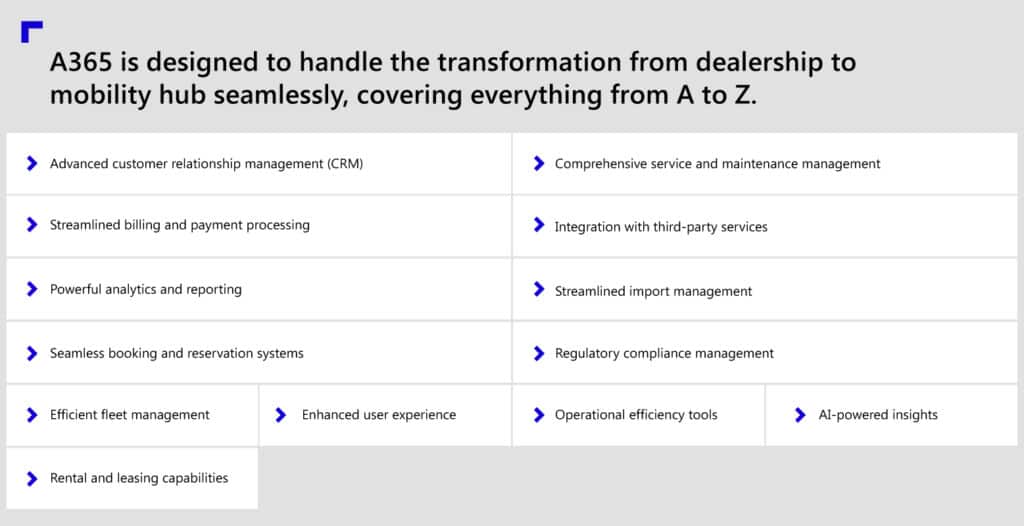
- Efficient fleet management: As the dealership grows its fleet, A365 ensures real-time tracking and management. This feature keeps vehicles well-maintained and readily available, preventing downtime and optimizing fleet performance.
- Advanced customer relationship management (CRM): With an increase in customer interactions, A365’s CRM centralizes customer profiles and automates communication. This helps manage inquiries, bookings, and personalized service efficiently, enhancing customer satisfaction and retention.
- Seamless booking and reservation systems: Transitioning to mobility services means handling more reservations. A365 integrates with mobile apps and online platforms, providing real-time booking management and ensuring a smooth reservation process for customers.
- Streamlined billing and payment processing: Managing various payment models, whether subscription-based or pay-per-use, becomes crucial. A365 simplifies billing and invoicing, ensuring financial operations run smoothly without unnecessary complexities.
- Comprehensive service and maintenance management: With a larger fleet, managing service schedules and repairs is critical. A365 tracks vehicle service histories and warranty claims, helping maintain vehicle reliability and preventing unexpected issues.
- Powerful analytics and reporting: To make informed decisions, the dealership needs insights into vehicle usage and operational efficiency. A365 offers robust analytics and reporting tools that provide valuable data to drive strategic decisions and optimize operations.
- Integration with third-party services: The dealership will interact with various external services like GPS and telematics. A365’s seamless integration with these services ensures real-time tracking and comprehensive management across all platforms.
- Regulatory compliance management: Adhering to local regulations and industry standards is essential. A365 helps manage compliance by handling documentation and reporting requirements, reducing the risk of legal issues.
- Operational efficiency tools: As operations expand, automating routine tasks and streamlining workflows become essential. A365’s operational efficiency tools enhance productivity, allowing the dealership to focus on delivering exceptional service.
- Enhanced user experience: Transitioning to a mobility hub requires user-friendly systems. A365’s intuitive interfaces for both customers and staff ensure a smooth experience and ease the adaptation process.
- AI-powered insights: With the need to stay ahead in a competitive market, A365 leverages AI to analyze data, predict trends, and make smarter decisions. This enhances fleet management and improves customer service through advanced analytics.
- Streamlined import management: Managing the importation of vehicles and parts efficiently is vital. A365 handles logistics and compliance, ensuring that the import process supports the dealership’s operational needs without delays.
- Rental and leasing capabilities: As the dealership offers rental and leasing options, A365 provides integrated management tools for contract creation, fleet utilization, and billing. This ensures the smooth operation of rental and leasing services.
The competitive advantage
In a world where the lines between ownership, access, and mobility are blurring, dealerships that don’t evolve risk being left behind. A365 provides the agility needed to adapt to these changes and lead the charge in the mobility revolution.
By implementing A365, dealerships aren’t just keeping up with the trends—they’re shaping the future of mobility. Whether it’s streamlining operations, improving customer experiences, or expanding into new mobility services, A365 empowers your dealership to stay competitive in this ever-evolving landscape.
A partner for growth
With transformations continuing, dealerships must embrace the role of mobility hubs to remain relevant. This shift brings complexity, but with the right solution, it also brings tremendous opportunity. A365 is proof that agility, scalability, and comprehensive functionality are the keys to thriving in the new mobility landscape.
If your dealership is ready to take the next step, A365 is the solution that will drive you there. Connect with us today to find out more.




